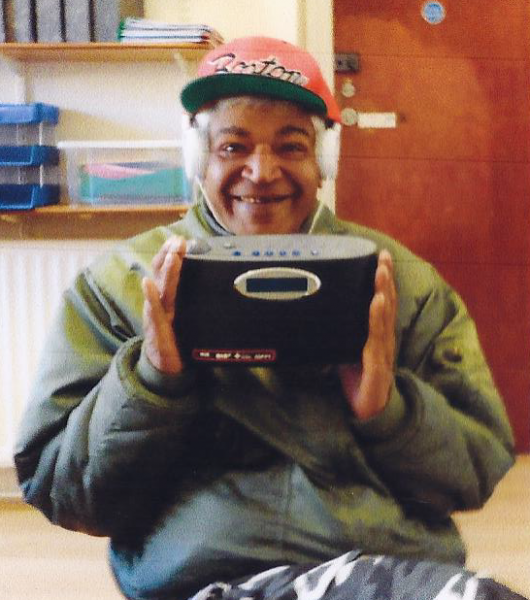This week heralds another report on loneliness, this time by the BBC in partnership with the Wellcome Trust. At WaveLength, we welcome the results of the BBC’s Loneliness Experiment.
 We agree that is vital to appreciate the diversity of people who can experience loneliness across the age range. Alongside older people feeling lonely, we found it noteworthy how participants felt most lonely during the stages of young adulthood. The BBC’s research is crucial in moving away from a stereotyped understanding of who is lonely in the UK – and the world.
We agree that is vital to appreciate the diversity of people who can experience loneliness across the age range. Alongside older people feeling lonely, we found it noteworthy how participants felt most lonely during the stages of young adulthood. The BBC’s research is crucial in moving away from a stereotyped understanding of who is lonely in the UK – and the world.
As the research shows, loneliness is characterised by people feeling disconnected from the world. At WaveLength, we delve to the root of this problem through our gift of technology to individuals and organisations. Radios, televisions, and tablets are essential for connecting lonely people to the world around them. Whereas many of us would take technology for granted, for those who are lonely, technology provides a lifeline. Lots of the people we help say how technology is crucial in prompting social interaction and practical links into different communities.
Becca Inglis who interviewed CEO Tim Leech for The Skinny magazine, discusses the transformative effect that having a radio had on her life when she living by herself in a one-bedroomed flat for the first time. As we have seen at WaveLength, the radio is a safe form of social interaction, a real stepping stone for people helping them to feel connected to new surroundings. Claudia Hammond also highlighted the benefits of radio for participants of the BBC experiment, as they valued the radio as a form of company.
We at WaveLength look forward to continuing our work to combat loneliness in collaboration with a range of partners around the country. If you, or someone you know, could benefit from technology, take a look at the Apply for Help section of our website.

